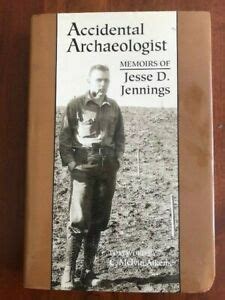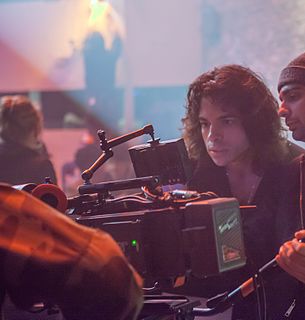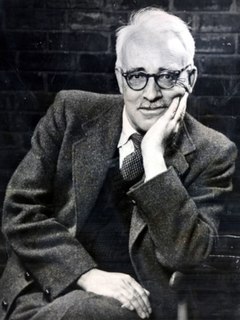A Quote by Stephen Levine
Nothing is more natural than grief, no emotion more common to our daily experience. It's an innate response to loss in a world where everything is impermanent.
Related Quotes
Whether we experience it or not, grief accompanies all the major changes in our lives. When we realize that we have grieved before and recovered, we see that we may recover this time as well. It is more natural to recover than to halt in the tracks of grief forever. Our expectations, willingness and beliefs are all essential to our recovery from grief. It is right to expect to recover, no matter how great the loss. Recovery is the normal way .
Don't cling to things, because everything is impermanent... But detachment doesn't mean you don't let the experience penetrate you. On the contrary, you let it penetrate you fully. That's how you are able to leave it...You're afraid of the pain, you're afraid of the grief... But by throwing yourself into these emotions, by allowing yourself to dive in, all the way, over your head even, you experience them fully and completely.You know what pain is. You know what love is. "All right. I have experienced that emotion. I recognize that emotion. Now I need to detach from that emotion for a moment.
The world turns and the world spins, the tide runs in and the tide runs out, and there is nothing in the world more beautiful and more wonderful in all its evolved forms than two souls who look at each other straight on. And there is nothing more woeful and soul-saddening than when they are parted...everyting in the world rejoices in the touch, and everything in the world laments in the losing.
The biblical authors wrote of God's sovereignty over His world, and of man's experiences within that world, using such modes of speech about the natural order and human experience as were current in their days, and in a language that was common to themselves and their contemporaries. This is saying no more than that they wrote to be understood. Their picture of the world and things in it is not put forward as normative for later science, andy more than their use of Hebrew and Greek is put forward as a perfect model for composition in these languages.
The Savior desires to save us from our inadequacies as well as our sins. Inadequacy is not the same as being sinful - we have far more control over the choice to sin than we may have over our innate capacity. . . . A sense of falling short or falling down is not only natural but essential to the mortal experience. Still, after all we can do, the Atonement can fill that which is empty, straighten our bent parts, and make strong that which is weak.
Grief is real because loss is real. Each grief has its own imprint, as distinctive and as unique as the person we lost. The pain of loss is so intense, so heartbreaking, because in loving we deeply connect with another human being, and grief is the reflection of the connection that has been lost. We think we want to avoid the grief, but really it is the pain of the loss we want to avoid. Grief is the healing process that ultimately brings us comfort in our pain.
Through TV and moving pictures a child may see more violence in thirty minutes than the average adult experiences in a lifetime. What children see on the screen is violence as an almost casual commonplace of daily living. Violence becomes the fundamental principle of society, the natural law of humanity. Killing is as common as taking a walk, a gun more natural than an umbrella. Children learn to take pride in force and to feel ashamed of ordinary sympathy. They are encouraged to forget that people have feelings.







































